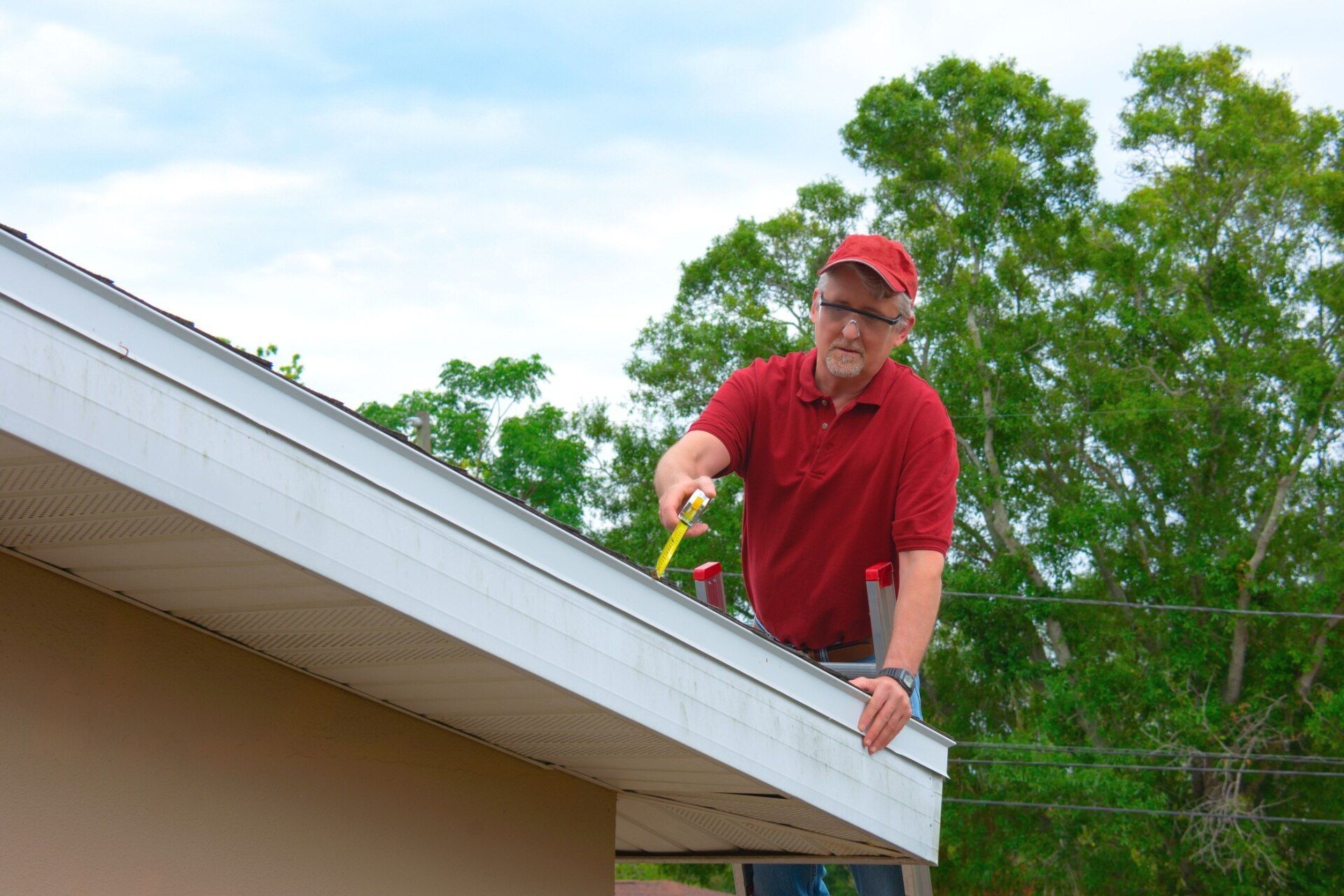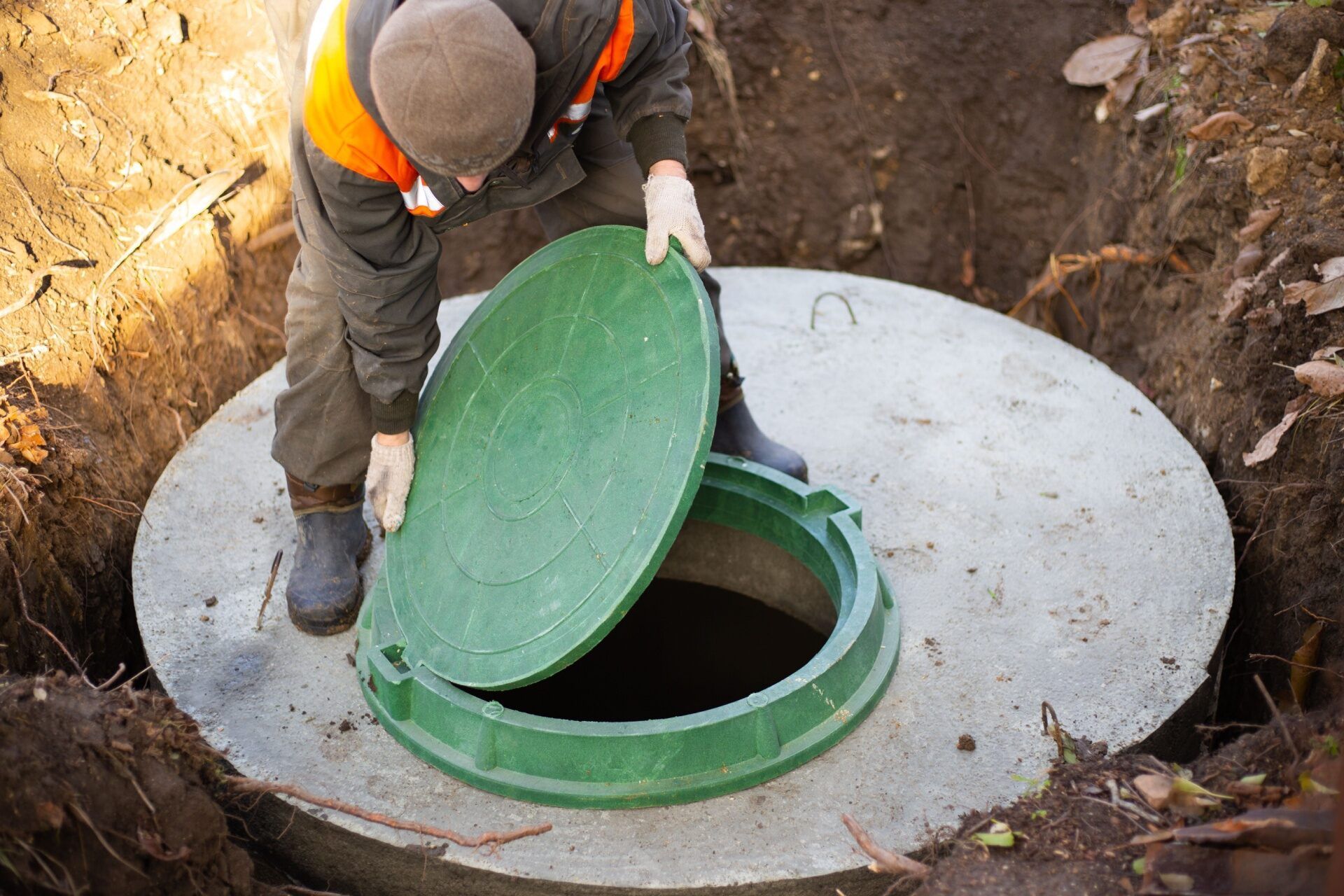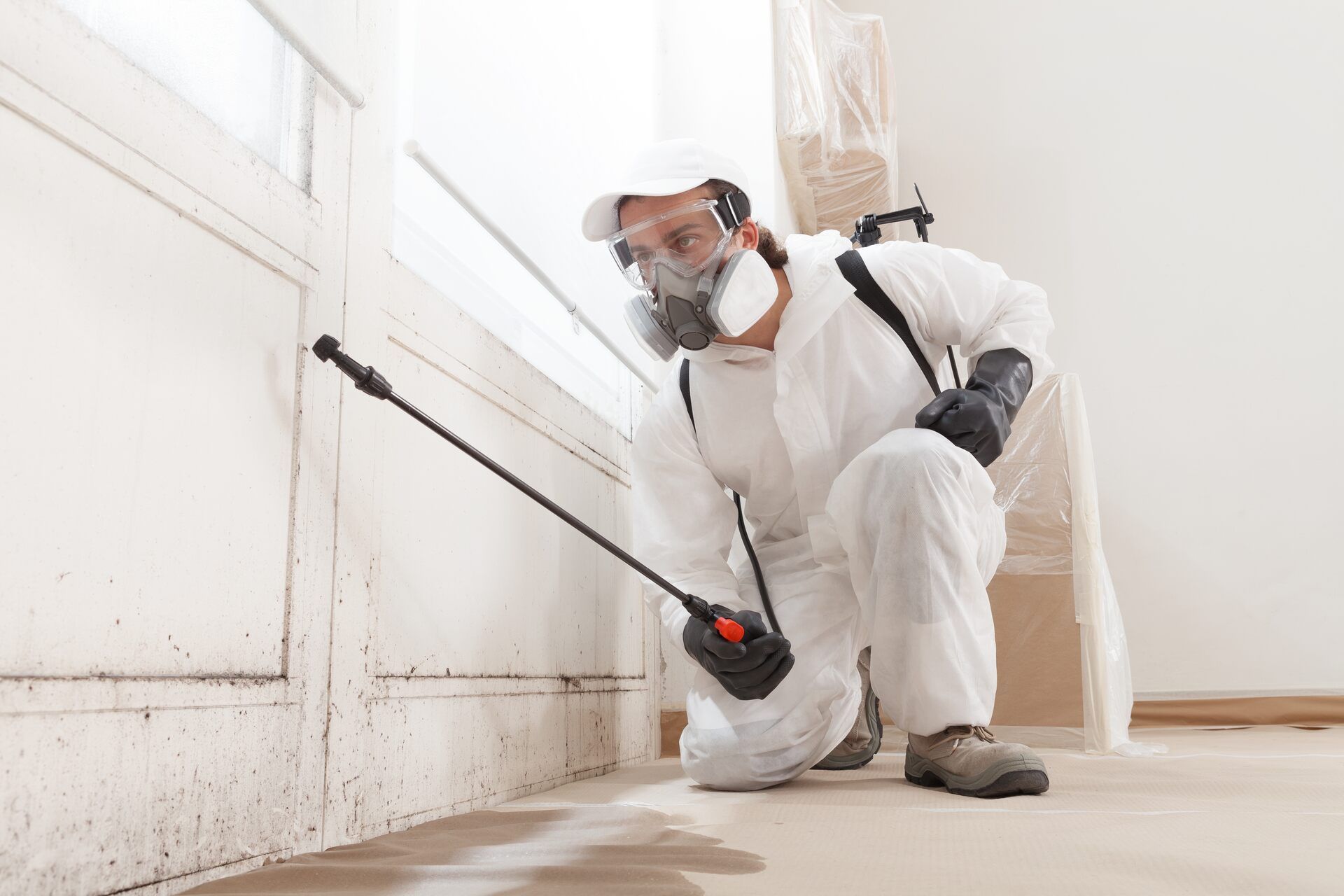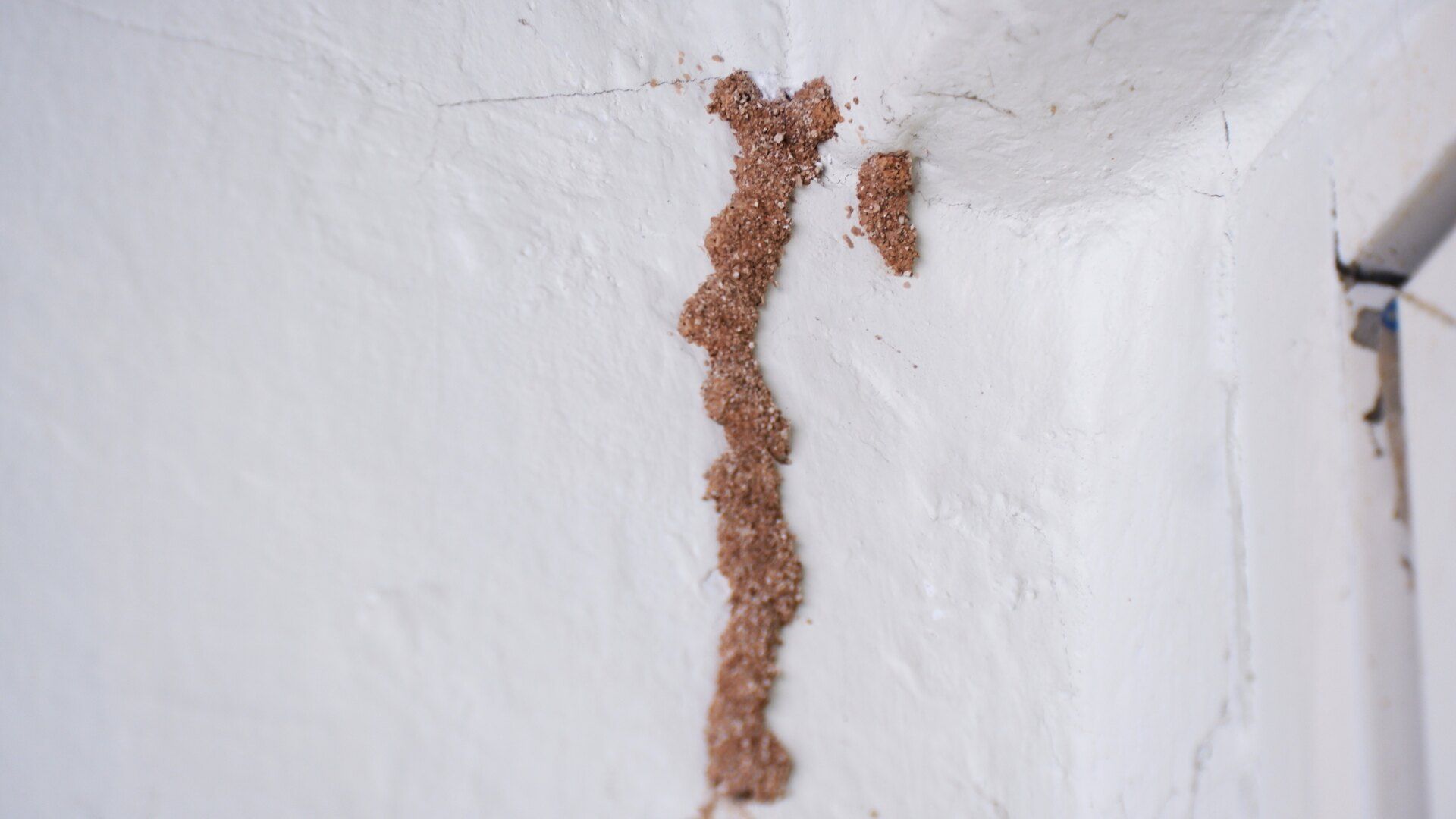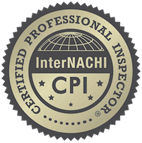The 9 Most Expensive House Repairs & How to Avoid Them?
When it comes to owning a home, there are some upkeep costs you can never really avoid. But there is good news: you can prolong repairs by regularly maintaining your property. This is especially important when it comes to the big stuff, like the foundation, roof, and HVAC system.
And then there’s upkeep on the little things, whether it’s a loose screw, a broken faucet, or a leaky pipe. However, some repairs can be more costly than others. If you have a home that requires major repairs—like a leaking roof, faulty plumbing, or a broken water heater—they’re likely to be expensive.
Even if you aren’t sure if your home needs repairs, you can still take precautions to lower the cost of those repairs. One way is to have a home inspection to check for potential problems.
At Guardian Angel Inspections, we offer home inspection services that cover a wide range of needs. Whether you require a roof inspection, sewer inspection, or any other type of inspection, you can count on us to provide thorough, comprehensive services.
To gain insight into what type of house repairs you might run into during your homeownership, we’re sharing our experience with the 9 most expensive repairs we’ve seen during our time in the field. We’re also providing some useful tips to help you avoid those repairs as long as possible.
1. Repairing Your Foundation
Foundation problems are likely to be the single most expensive home repair because they often require a costly and extensive overhaul. Foundation issues can range from cracking to sinking and a whole lot in between. When you have foundation problems, your house may be at risk for structural damage.
You may need to hire a professional that has experience with foundation issues like subsidence or heaving to fix your foundation problems. Be warned, foundation repairs can easily cost upwards of $11,000 without batting an eye. As such, you’ll want to take all the precautions you can to prolong the life of your home’s foundation.
How to Avoid Foundation Repairs
There are some simple ways to avoid this costly repair altogether. One way is by hiring a professional home inspector to come out and inspect the foundation of your home. This will help identify any potential foundation problems early on and can save you money in the long run.
Another way to avoid expensive foundation repairs is by inspecting outside drains, like gutters or downspouts, for clogs or debris. These items act as a funnel for water, directing it away from your foundation.
If these drains are clogged or have debris in them, water will pool up and eventually leak through your basement walls and into your living space. The only way to know if these drains are running smoothly is by checking them on a regular basis so that you can catch any issues before they become costly repairs for your home’s foundation.
2. Replacing Your Roof
Your roof is your first defense against the elements, so if you have a damaged or faulty roof, it’s most likely going to be one of the more expensive repairs you need to make. The average homeowner spends $8,000 to replace their roof. But depending on a variety of factors, you could spend as little as $5,000 or as much as $10,000.
How to Avoid Replacing Your Roof
For some people, the thought of replacing their roof is enough to make them want to move out. Even if you’ve had a good run with your current roof, it may be time for a change. Roofs that use traditional composition shingles typically need to be replaced every 12 to 20 years or so.
This is why many homeowners opt for longer-lasting solutions, such as wood shingles or asphalt shingles. The wood variety needs replacing every 20 to 25 years, whereas asphalt can last as long as 30+ years.
If your roof is showing signs of wear and tear, such as missing shingles or water damage on your ceiling, then it might be time for a new roof. If you’re thinking about sinking all that money into a new roof but aren’t convinced yet, try these easy fixes first:
- Fix any leaks around the house by repairing cracked tiles and sealing leaky pipes
- Clean moss and lichen off the surface of your old roof
- Install a new gutter guard to prevent leaves from clogging up the gutters
- For new roofs, have a roof inspection conducted 10 years after initial installation
- For existing roofs, conduct a roof inspection every 3 to 5 years
3. Replacing Your HVAC System
If you’re fortunate, you probably won’t need to replace your HVAC system for years. However, if the system is old (or if it has come to the end of its lifetime), you may need to replace it with a new one. Just like any other major home repair, this will be an expensive investment. But there are ways to cut costs on this hefty bill.
Your HVAC system can be energy efficient and cost-effective with good upkeep and maintenance. If you have an older system that could use some repairs or updating, consider replacing it with a newer model before it completely fails. Newer systems tend to use less energy and will save you more money over time.
How to Avoid Replacing Your HVAC System
When your HVAC system needs to be replaced, that can cost you a pretty penny. To help you avoid replacing your HVAC system and all of the costs associated with it, follow these tips:
- Clean or replace air filters every 3 months
- Install weather stripping on doors and windows
- Turn off heat or air when you leave the house, or set it on a timer
- Hire a pro to conduct annual maintenance
4. Replacing Your Septic Tank
Another pricey repair you might need for your home is replacing your septic tank. Replacing a septic tank can cost around $4,000+, especially if you need to install a new one. And if you find that your septic tank has been in use for more than 30 years, it’s probably nearing time for an upgrade.
How to Avoid Replacing Your Septic Tank
Septic tanks are crucial to the maintenance of your plumbing system and should be serviced every 3 years. Moreover, you’ll need to have your tank pumped every 3 to 5 years to ensure optimal performance. To have your tank serviced on a three-year basis, hire an expert to conduct a septic inspection.
5. Electrical Repairs or Replacements
Electrical problems are unique among home repairs because they can range from simple and inexpensive fixes to complex and bank-breaking resolutions. The former might run you a couple hundred dollars, whereas the latter can reach staggering heights of $15,000.
How to Avoid Costly Electrical Problems
Hire a home inspector to conduct annual inspections. This will ensure that any potentially expensive issues are caught and resolved early on. It’s better to pay for home inspection services than it is to suddenly find yourself staring at a costly repair bill from your electrician.
6. Mold Removal
While the previous entries are largely things that serve to inconvenience you at most, number 6 on our list has the potential to be life-threatening. Mold is a serious problem that can affect your health and well-being. So if you detect a musty odor or notice odd discoloration on your ceiling or walls, it’s time to take action.
Mold removal isn’t cheap, either, as it can cost you $2,000+ to get your home to where it’s safe again. Therefore, you’ll want to take steps to attack the problem at the first sign of trouble.
How to Avoid Mold Problems and Subsequent Removal
If you spot leaks in your home, get this fixed immediately. The longer you wait, the more time you allow mold to set in. Also, hire a mold inspection specialist to come out and inspect your house every few months to make sure there aren’t any mold concerns brewing.
7. Plumbing Issues
Like electrical problems, plumbing issues can range from mildly annoying to majorly problematic. However, the cost for even the biggest plumbing issue doesn’t come anywhere near that of a whole-house rewire. So there is some good news here. That said, you could spend close to $2,500 to have your sewer lines replaced.
How to Avoid Plumbing Issues
Immediately have your pipes serviced if you notice any flaking on them or discoloration. The same goes for leaks or if you see rust in your water. These things tell you that there’s an issue that needs to be addressed sooner rather than later to avoid costly repairs.
8. Water Damage
You can easily spend a couple thousand dollars when repairing the damage caused by water. This is because water can quickly rot your wood, rust metals, and promote mold growth.
How to Avoid Water Damage
Get in the habit of regularly cleaning out your gutters. In addition, be sure to address issues right away concerning leaks in your roof or broken pipes. And if you have a sump pump, perform annual testing to ensure it is operating optimally.
9. Termite Damage
No one likes to see insects in their home. But even the most reviled bugs like roaches don’t cause havoc like termites do. If you spot evidence of these destructive insects, it’s imperative that you take action immediately. Termites that have had time to thrive can cause damages totaling over $7,000.
But if you attack the problem early on, you might be looking at only a few hundred dollars to have your termite infestation treated by a professional. The more favorable option is obvious.
How to Avoid Termite Damage
If you notice swarms of bugs that look like ants with wings, don’t delay in calling in the pros. Moreover, if you start seeing tiny wings in and around your home, it could be an indication that you have termites. These insects also build mud tunnels where they’re thriving, so be on the lookout.
You can buy a termite monitoring system, which essentially acts as bait to lure nearby termites. If it’s successful in doing so, you’ll know you have termites on your property. You should also hire an experienced home inspection service to check your home annually for signs of termites.
Avoid Costly Repairs by Scheduling a Home Inspection from Guardian Angel Inspections
Whether you need us to check for termites or any other potentially costly repair, Guardian Angel Inspections is your trusted source for comprehensive home inspection services. Call us today at (561) 512-7854 to discuss how we can best serve you.
Disclaimer: The information on this website and blog is for general informational purposes only and is not professional advice. We make no guarantees of accuracy or completeness. We disclaim all liability for errors, omissions, or reliance on this content. Always consult a qualified professional for specific guidance.
Share this entry

